|
|
|
|
The scramble to secure vaccines against COVID-19 in developing countries is intensifying. The inequity of distribution has increasingly become apparent as developed countries ramp up vaccination campaigns while dozens of poorer countries remain without a single shot. One effort that’s under way to shift the balance is a push for the World Trade Organisation to waive intellectual property rights on the patents of vaccines and other anti-COVID-19 technologies. This would allow countries to produce and use them without fear of infringing intellectual property rights. It’s a controversial proposal that’s been met with stiff opposition, particularly from countries that have big
pharmaceutical interests. But, even if the decision were taken, would it be enough? According to Enrico Bonadio and Dhanay M. Cadillo Chandler the answer is no. They explain why.
The Nigerian state is trapped in a crisis of damaging identity battles. Muhammad Dan Suleiman and Benjamin Maiangwa trace the history of how this came about. They argue that the first phase was ‘invented’ by foreigners and the second phase was ‘imagined’ by colonially anointed African leaders. And now it’s time for Nigerians to take responsibility for their actions and look for ways to undo the effects of the colonial project.
|
Caroline Southey
Founding Editor
|

|
|
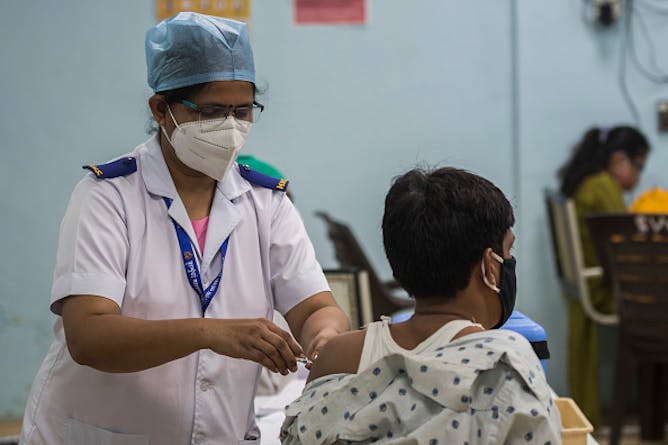
A medic administers a COVID-19 vaccine in Mumbai. India and South Africa have led efforts to get a waiver on intellectual property rights.
Pratik Chorge/Hindustan Times via Getty Images
Enrico Bonadio, City, University of London; Dhanay M. Cadillo Chandler, University of Turku
A waiver may not allow all developing countries to secure medicines and other anti-COVID technologies in a timely way.
|
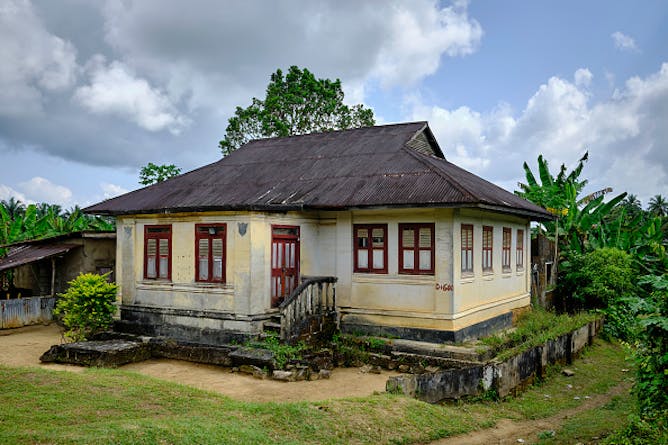
Artificial identities created by colonialists must be deconstructed to attain unity.
Jorge Fernández/GettyImages
Muhammad Dan Suleiman, University of Western Australia; Benjamin Maiangwa, Durham University
Nigerians, as well as other Africans, need to actively work to decolonise social arrangements created by the British.
|
Arts, Culture + Society
|
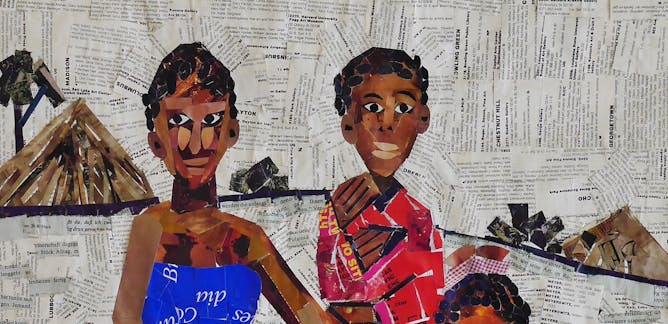
Anne Mwiti, Kenyatta University
The first female student at the famous Makerere University art school, Karuga only began an art career when she retired at 60. She ended up showing internationally.
| |
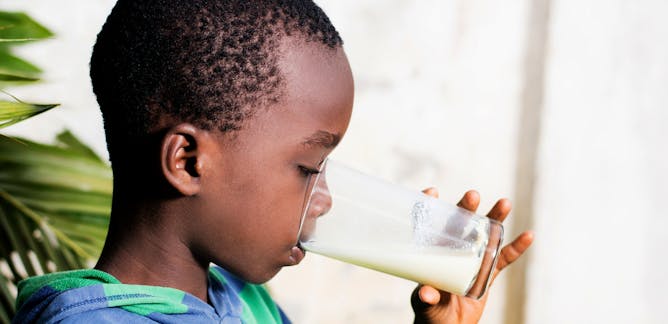
Katharine Hall, University of Cape Town
Poor nutrition stunts children’s growth and hollows out their life chances.
|
|
|
From our international editions
|
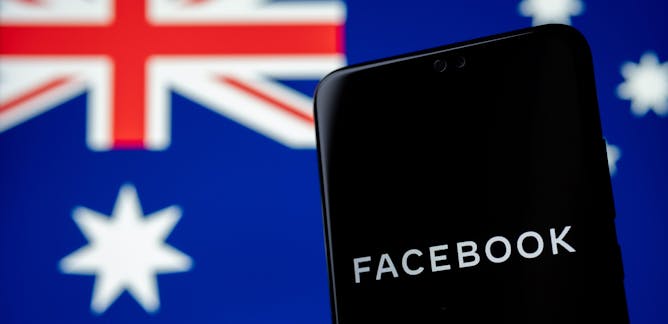
Carolina Are, City, University of London
Facebook's choice of profits over the people is difficult to reconcile with its commitment to free speech.
| |
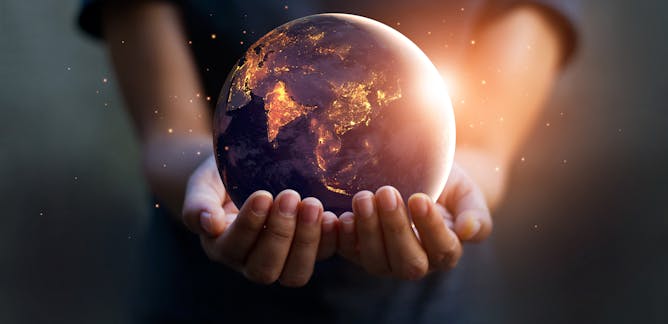
Jacob Ainscough, University of Cambridge; Alex McLaughlin, University of Cambridge; Luke Kemp, Australian National University; Natalie Jones, University of Cambridge
The US mustn't make the mistake of tackling these threats separately – or of trying to take a unilateral approach.
|
|
|
En Français
|
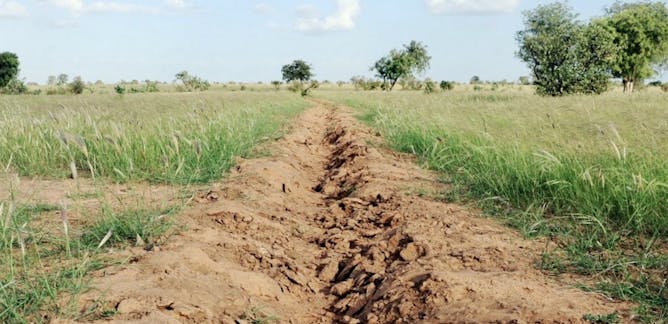
Sougueh Cheik, Institut de recherche pour le développement (IRD)
Lancé en 2007, ce vaste projet de reforestation a pour but de faire reculer l’avancée du désert en Afrique subsaharienne.
| |
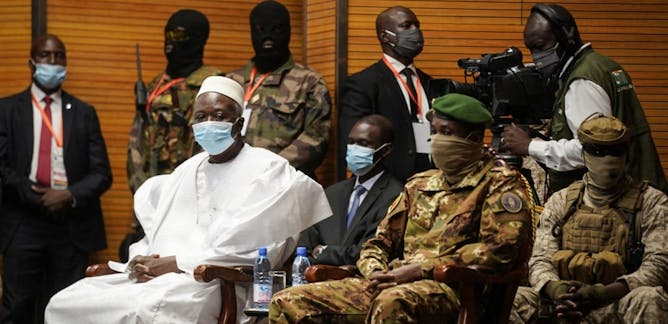
Lamine Savane, Université de Ségou; Fousseyni Touré, Université des sciences juridiques et politiques de Bamako
L’armée exerce une influence jamais démentie sur la politique malienne depuis le premier putsch de 1968. La présence massive des militaires dans la transition actuelle confirme cette tendance.
|
|
|
| |
Featured events
|

|
Robert Sobukwe Road, University of the Western Cape, Bellville, Cape Town, Western Cape, 7535, South Africa — University of the Western Cape
|

|
Robert Sobukwe Road, Bellville, Cape Town, Western Cape, 7535, South Africa — University of the Western Cape
|
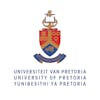
|
Centre for Human Rights, Faculty of Law, University of Pretoria, Pretoria, Gauteng, 0002, South Africa — University of Pretoria
|

|
Robert Sobukwe Road, University of the Western Cape, Bellville, Cape Town, Western Cape, 7535, South Africa — University of the Western Cape
|
|
|
|
| |
| |
| |
Would you like to republish any of these articles?
|
|
It’s free to republish, here are the guidelines.
Contact us on africa-republish@theconversation.com in case you need assistance.
|
| |
| |
| |
| |
|
|
|
|
|
|
|